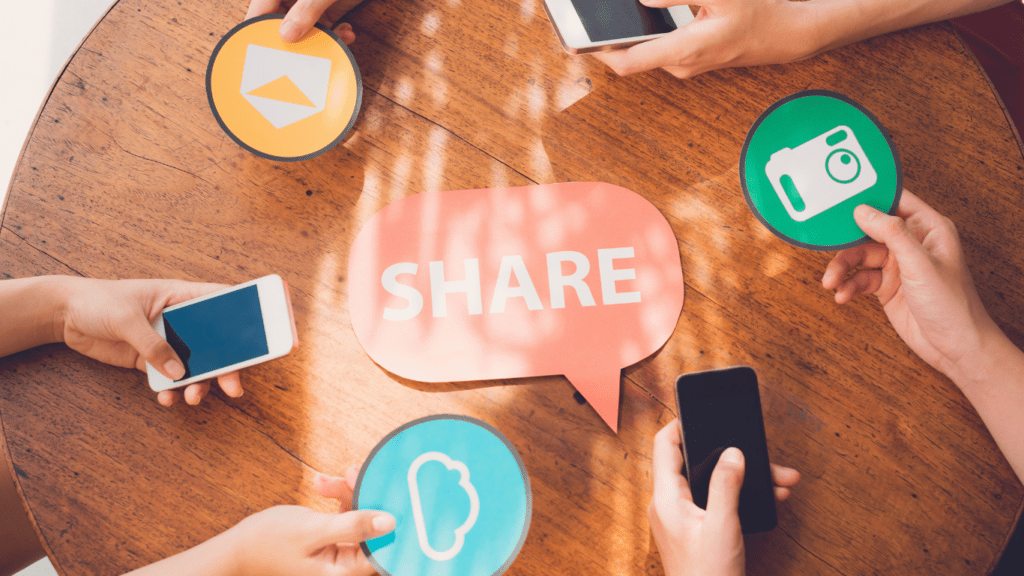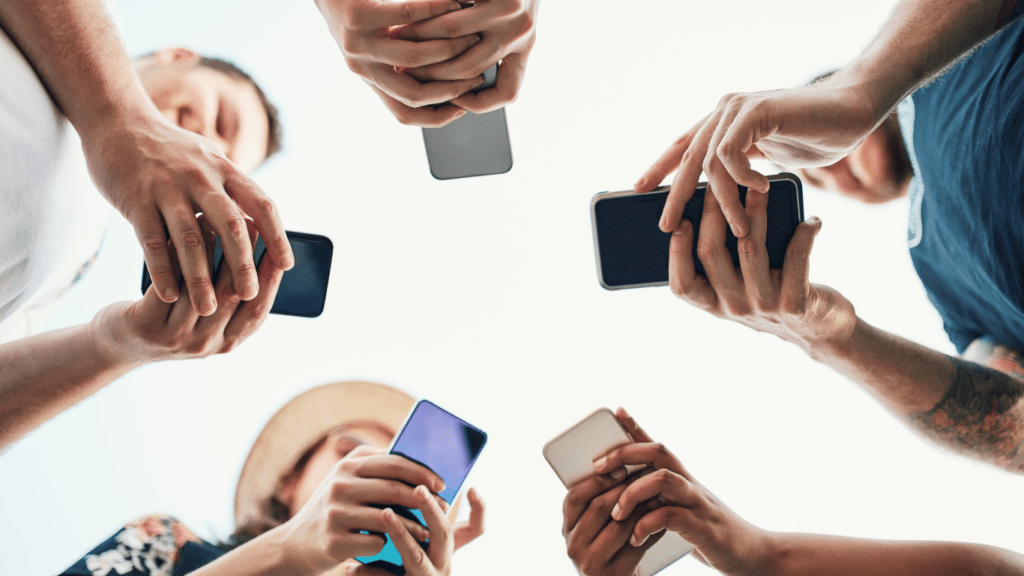Understanding Memes And Their Impact
Memes are more than digital entertainment. They represent how people communicate, express ideas, and build connections in the ever-evolving digital space.
What Are Memes?
Memes are sharable units of cultural information, often in the form of images, videos, or text. They usually carry humor, emotions, or relatable scenarios, making them instantly appealing. For example, memes like “Distracted Boyfriend” or “This Is Fine” tap into universal human experiences. The simplicity and adaptability of memes enable users to create versions tailored to their specific audiences or communities.
The Rise Of Meme Culture
Meme culture has grown rapidly with widespread access to social media platforms. The speed of online sharing, coupled with algorithms, helps memes go viral within hours. Platforms like Reddit, Instagram, and Twitter act as hubs for creators and meme enthusiasts. For instance, the “Doge” meme transitioned from an internet joke to a cryptocurrency symbol, demonstrating the power of meme-driven trends. This cultural phenomenon reflects the collective behavior of online communities.
Memes As A Universal Language
Memes function as a universal language by transcending linguistic barriers. A well-crafted meme using visuals, symbols, or minimal text can spark recognition and engagement globally. For instance, reaction memes like “Facepalm” or “Woman Yelling at a Cat” convey emotions instantly, regardless of language. They connect people worldwide, fostering shared understanding and humor in diverse cultural contexts.
The Psychological Appeal Of Memes

Memes captivate us through humor, shared experiences, and their ability to connect people on a deeper level. They integrate cultural relatability with emotional triggers, fostering engagement and rapid sharing.
Humor And Emotional Connection
Memes often blend humor with relatable situations, creating emotional responses that make them memorable. Laughter triggers the brain’s reward system, releasing dopamine, which enhances mood and builds connections. Memes like “Distracted Boyfriend” use humor to highlight familiar scenarios, making them widely appealing. Emotional resonance amplifies this effect, as our brains are more likely to engage with content that mirrors personal feelings.
Relatability And Shared Experiences
Relatable memes capture universal human truths or niche cultural moments, sparking instant recognition. When we see ourselves reflected in a meme, it validates our experiences and fosters a sense of inclusion. For example, workplace memes about “Zoom fatigue” resonate with remote workers, creating bonds through shared struggles. This relatability strengthens the collective identity within specific communities.
Virality And Social Validation
- Memes spread rapidly by leveraging the psychological need for social validation.
- Sharing trending memes signals awareness and fosters social inclusion, as individuals aim to participate in ongoing cultural conversations.
- Virality often hinges on simplicity and adaptability, allowing users to personalize and disseminate content easily.
- Memes like “Woman Yelling at a Cat” thrive because they are versatile and elicit widespread engagement in digital spaces.
The Role Of Memes In Modern Communication
Memes shape how we connect and share ideas online. They have become essential tools for expression in the evolving landscape of digital interaction.
Memes In Digital Conversations
Memes simplify and enhance online communication. They convey emotions, humor, or complex ideas with minimal text, making interactions quicker and more engaging. A well-chosen meme replaces lengthy explanations, especially in group chats or social media threads. For example, reaction memes like the “Crying Michael Jordan” or “Woman Yelling at Cat” help express feelings like defeat or frustration universally without needing lengthy explanations. They build rapport in conversations by adding personality and relatability.
Memes As Tools For Social Commentary
Memes highlight societal issues with humor and wit. They serve as accessible mediums to address political, cultural, or social topics, often sparking important discussions. Popular memes like “Pepe the Frog” or “Change My Mind” have been reimagined countless times to critique current events or societal norms. Through satire and irony, memes provoke thought while engaging users in ways traditional commentary cannot. This power to amplify opinions fosters a participatory culture, making larger conversations feel inclusive.
Memes And Cultural Trends
Memes drive and reflect cultural shifts. They celebrate or critique trends, creating a feedback loop between digital culture and real-world behaviors. For instance, the “Evil Kermit” meme amplified the concept of duality in decision-making, which became a cultural reference in online discussions about personal dilemmas. Memes tied to events like the “Ice Bucket Challenge” connect trends to issues like charity or activism, leaving a lasting imprint on collective memory. By capturing ephemeral moments, memes establish themselves as cultural timestamps.
Potential Downsides Of Meme Culture
Memes shape online culture, but they bring challenges that affect individuals and communities. Understanding these downsides highlights the complexities of engaging with meme-driven content.
Information Overload And Misinformation
Memes contribute to the overwhelming stream of information online, which hinders critical thinking. The concise and visual nature of memes oversimplifies complex ideas, making it easy for misinformation to spread. For instance, political memes often distort facts to support specific narratives, influencing public perception without context. Social media algorithms exacerbate this issue by amplifying viral memes, regardless of accuracy, for higher engagement.
The Risks Of Offensive Content
Offensive memes challenge inclusivity and promote harmful stereotypes. Content mocking sensitive topics like:
- race
- gender
- mental health
often circulates widely, desensitizing users to discriminatory messages. For example, the widespread use of offensive caricatures alienates marginalized communities and fosters hostility. Additionally, creators of such memes shield behind anonymity, making accountability difficult and toxic interactions common.
Addiction To Memes And Online Engagement
Excessive engagement with memes perpetuates digital addiction and reduces productivity. The repetitive dopamine release from meme consumption fosters compulsive scrolling and prioritization of online satisfaction over real-world responsibilities. For example, trends like reaction memes or ongoing meme-based challenges keep users glued to their devices for hours. This relentless engagement fosters dependence and detachment from meaningful, offline connections.



